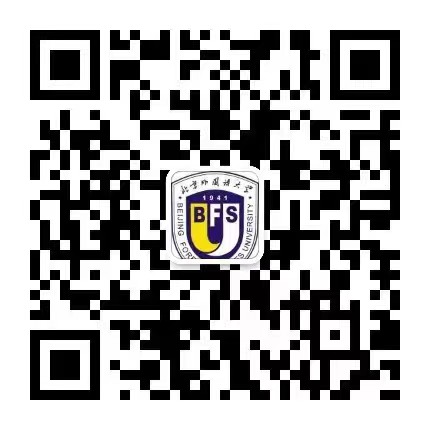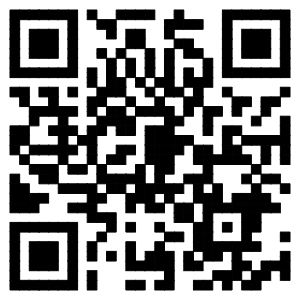我们知道,反义疑问句是英语中一个较为特殊的知识要点,它由一个陈述句加一个简短疑问句构成,表示提问人就某事向对方求证。那么,在英语四六级的考试中,关于反义疑问句又涉及哪些考点,应该如何有针对性地开展复习呢?对此,北外网课(北京外国语大学网络课堂)老师就梳理了考试中反义疑问句相关的各个要点,一起来看看吧。
若陈述句为祈使句,那么反意疑问部分通常用“will you”,而在否定祈使句后同样使用“will you”。
Don’t be late, will you?
Read the text, will you?
若陈述句为以Let’s开头的祈使句,那么反意疑问部分通常用“shall we”;若为以Let us开头的祈使句,那么反意疑问部分通常用“will you”。
Let’s have a party tonight, shall we?
Let us go home, will you?
若陈述句包含never,nothing, nowhere, hardly, scarcely, seldom, rarely, barely, little, few等否定半否定词,反意疑问部分用动词肯定式。
You can hardly believe this, can you?
He has few good reasons for staying, has he?
若陈述句为含有宾语从句的复杂句,那么反意疑问部分的谓语动词和主语代词要与主句的谓语动词和主语相对应。
You told me I had passed the exam, didn’t you?
He never said she would come, did he?
然而,若陈述句为“I (don’t) think,believe, suppose, imagine, expect, fancy, reckon +宾语从句”,反意疑问部分的谓语动词和主语代词要与宾语从句的谓语动词和主语相对应,同时注意否定转移。
She imagines that people like her, don’t they?
I didn’t expect she would come, would she? (由于didn’t的否定意义后移而不用wouldn’
Idon’t believe she knows it, does she? (由于don’t的否定意义后移而不用doesn’t)
 京公网安备 11010802024222号
京公网安备 11010802024222号




